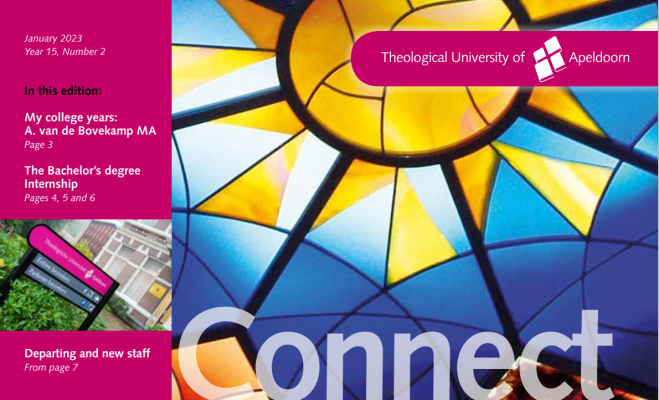10 September 2020
 |
 |
 |
Research Infrastructure on Religious Studies RESILIENCE Is Ready to Start
Thirteen academic institutions, including TUA, from eleven countries are working on the establishment of a permanent European Research Infrastructure on Religious Studies, named RESILIENCE. This week they submitted an application for the Research Infrastructure to be included in the ESFRI Roadmap 2021. The inclusion of RESILIENCE in this Roadmap will assure partners that a framework to actually start the preparation phase of the infrastructure is in place.
Discerning the increasing interest in research on Religious Studies and the growing importance of these studies, RESILIENCE aims at improving access to knowledge related to religion. At the same time, tools and support are needed, in order to make available, interpret and handle this knowledge. RESILIENCE will respond to this need, establishing a permanent European Infrastructure on Religious Studies.
Building on the traditions of participating institutions, RESILIENCE’s history dates back to 2014. Since September 2019 the partners have been working on reaching the maturity required to be included in the ESFRI Roadmap 2021. A design has been made for the future infrastructure and the services have been defined, along with a sustainable budget and a stable governance model, which basically means that the Research Infrastructure is ready to start.
Inclusion of RESILIENCE in the Roadmap will assure partners of a framework to actually start in the near future the preparation phase of the infrastructure.
Characteristic in the infrastructure design is that it includes physical as well as digital access to knowledge about religion, and that it is uniquely user-centered: RESILIENCE supports its future users in finding, handling and sharing this knowledge. Although scholars in particular will make use of the research infrastructure, also others involved in religious matters such as librarians, policy makers and representatives of religious communities can benefit.
RESILIENCE will further enable researchers to integrate in a developed research society and be recognized for their research, by helping them to access more resources, to enhance digital skills, to participate in projects, to promote their research, to build a professional network etc.
Collection managers and librarians will benefit from advice and guidance offered by RESILIENCE regarding new developments in the field of Digital Humanities, especially for Religious Studies. The participation in a professional network helps them to promote their collections and to improve the work with the resources that they have in their collections.
RESILIENCE will offer religious communities access to broad physical and digital information and research in their practical field. It facilitates mutual networking between research and religious communities by connecting each with colleagues and via knowledge transfer.
The permanent research infrastructure has a minimum life cycle of 34 years and an estimated budget of around € 318 millions. 80% of this amount will be covered by the partners themselves through in-kind contributions, mostly dedicated to physical access services.
Prof. Dr. H.J. Selderhuis, rector of the Theological University of Apeldoorn: “TUA is proud to be part of RESILIENCE because it gives us a great chance to contribute with our resources and expertise to the fascinating field of religious studies, and to enjoy the benefits of active involvement in this unique European research environment.”
More information about RESILIENCE and the submitted application
Learn more at www.resilience-ri.eu and in the RESILIENCE factsheet.
Video with the submission of the application to ESFRI: https://youtu.be/NQPP22KRmmk
Introduction video RESILIENCE: https://youtu.be/oSwgQYRfuDs
